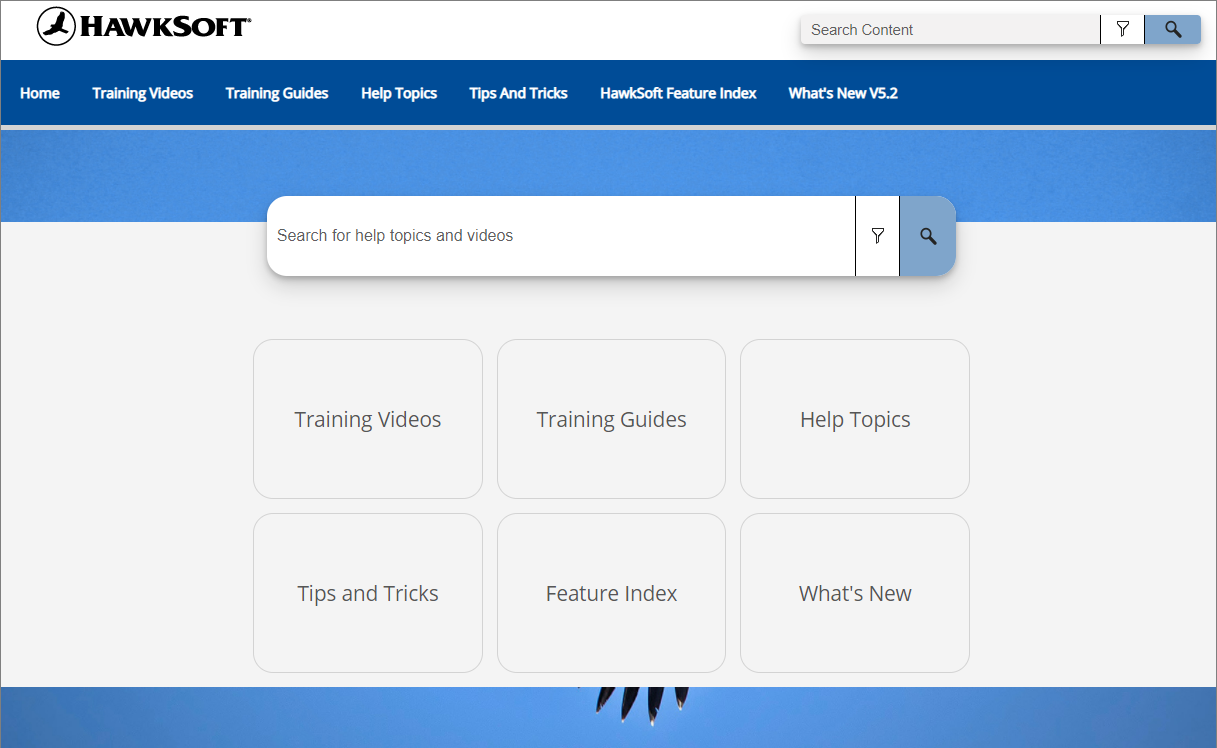There are many cyber threats out there that can endanger your agency's data or computer system. Malicious software (called malware) like viruses, worms, spyware, and ransomware can harm your system or even hold your data hostage for money. Aside from investing in protection and security for your computer system, what else can your agency do?
With the rising threat of malware, we'd like provide a few tips that will help your agency ensure you can safely access your data, no matter what happens.
1. Be aware of threats
It's important to pay close attention to the links you click and files you open or download from emails or outside websites. Malware can be activated by opening a corrupt link, file, or website.
Never open an unsolicited zip file or email attachment. If you don't know the sender, don't open the file. Malware may even mask itself to look like it's from a sender you know, so make sure the email address is familiar to you, not just the Sent name.
Never follow a hyperlink from an email you do not know or suspect was not sent from the correct person. If the wording doesn't sound like the sender or includes files or links you're not expecting, you might want to check with the sender to ensure it's truly from them before opening anything within the email. Never send password information in an email, or through a link from an email you don't trust.
If you're ever unsure if something came from the true sender, access the site directly rather than through the link in the email. For instance, if you receive an email that says a password on a payment app has been compromised and provides a link to change it, access the app or website directly and see if you've received a message in your account. If so, change your password from there.
Visiting unsafe websites and downloading files from untrustworthy sources are also frequent sources of computer viruses, so make sure you visit and download from sites you trust and are vetted by your system's virus protection software.
2. Back up your data regularly
The greatest defense against attacks on your data is to routinely and consistently back up your data to a removable storage device (CD-R, DVD-R disc, or a removable hard drive that is unplugged when not in use). HawkSoft CMS contains the Backup Utility that enables our customers to create unlimited free backups of their database. We recommend running Attachment Backups on the 1st and 16th of each month and making an Archival Backup in HawkSoft every day. Archival and Attachment Backups should be stored outside of your server and outside of your office when possible.
Archival and Attachment Backups should be created whether you’re using our local product or HawkSoft Online. HawkSoft Online has a built-in layer of protection with 30 days of automatic catastrophic backups. These backups only cover 30 days of history, with the 31st backup deleted each day to make room for the new backup. This is common practice among catastrophic backup services like Carbonite. All HawkSoft agencies should make Archival and Attachment Backups in addition to this as a necessary layer of data redundancy. As insurance agents, the protection backups provide should be immediately evident.
HawkSoft has several help articles about backing up and restoring your system. To learn more about the different types of backups and how to perform them, search "backup" in the HawkSoft Help System.
3. Keep your operating system up to date
Work with your IT department to install all recent or pending operating system (OS) updates. Ransomware often exploits weaknesses in older OS versions, and updates often include patches and updates to protect against the newest viruses. You miss out on these benefits if you don't keep your system up to date.
Don't forget to create a backup before you update. This is a best practice to protect against the possibility of a bad update or a virus that is designed to activate during an update.
We’re here to help
If you suspect your database has been impacted by some type of malware, HawkSoft Product Support can help diagnosis the situation. If you know you need to restore your database after a malware attack, we can help walk you through the process. Don't hesitate to contact us. By being aware of the threats, preventing data loss through regular backups, and keeping your system updated to leave no weak points, you can do your best to prevent malware from attacking your data and lessen its impact if it happens.




